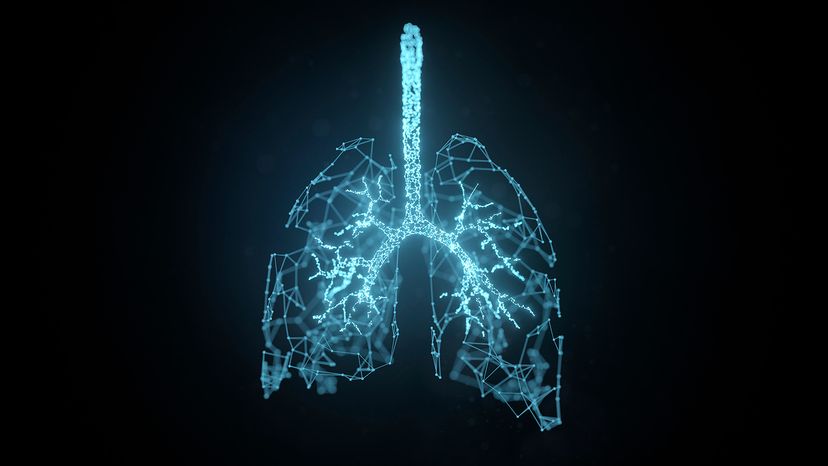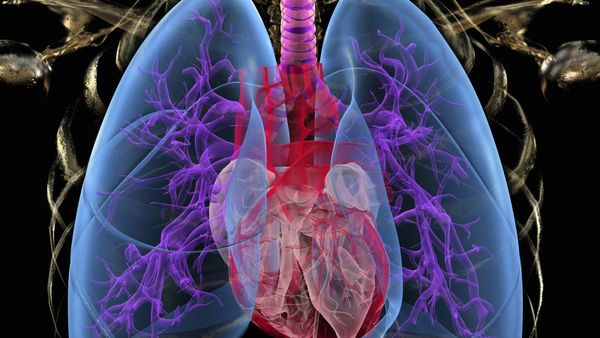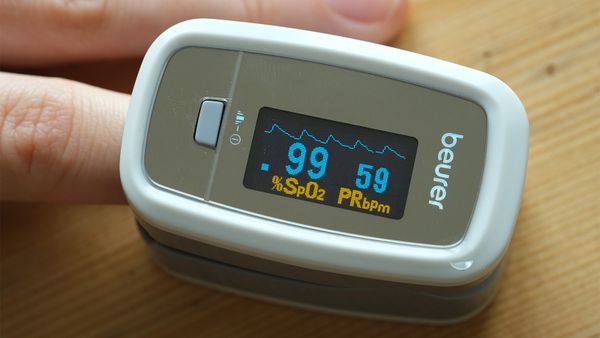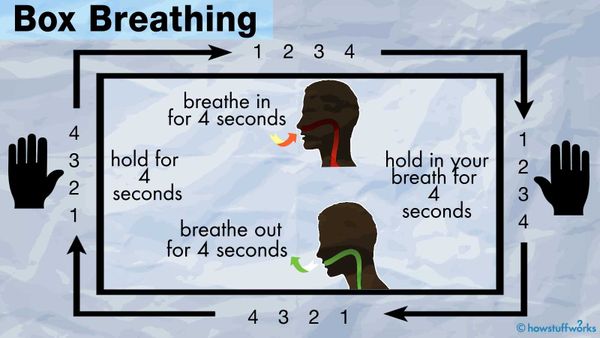
As you surely know, humans need oxygen to live. But Earth's atmosphere is made up of about 78 percent nitrogen, 21 percent oxygen and trace amounts of other elements, including water vapor.
So have you ever wondered if breathing 100 percent oxygen would be good for you? The short answer is it's not. Pure oxygen can actually can be harmful and sometimes even toxic. To understand why, let's first explain some details about how your lungs work.
Advertisement
Your lungs are made up of a long series of tubes that branch from your nose and mouth (from your trachea to bronchi to bronchioles) and end in little thin-walled air sacs called alveoli.
Surrounding each alveolus are small, thin-walled blood vessels called pulmonary capillaries. Between the capillaries and the alveolus is a thin wall (about 0.5 microns thick) through which various gases (oxygen, carbon dioxide and nitrogen) pass.
When you inhale, the alveoli expand and take in oxygen. Because the oxygen concentration is high in the alveoli and low in the blood entering the pulmonary capillaries, oxygen diffuses from the air into the blood. Likewise, because the concentration of carbon dioxide is higher in the blood entering the capillaries than it is in the alveolar air, carbon dioxide passes from the blood to the alveoli. The nitrogen concentration in the blood and the alveolar air is about the same. The gases exchange across the alveolar wall and the air inside the alveoli becomes depleted of oxygen and rich in carbon dioxide. When you exhale, you breathe out this carbon dioxide enriched, oxygen-poor air.
Advertisement


